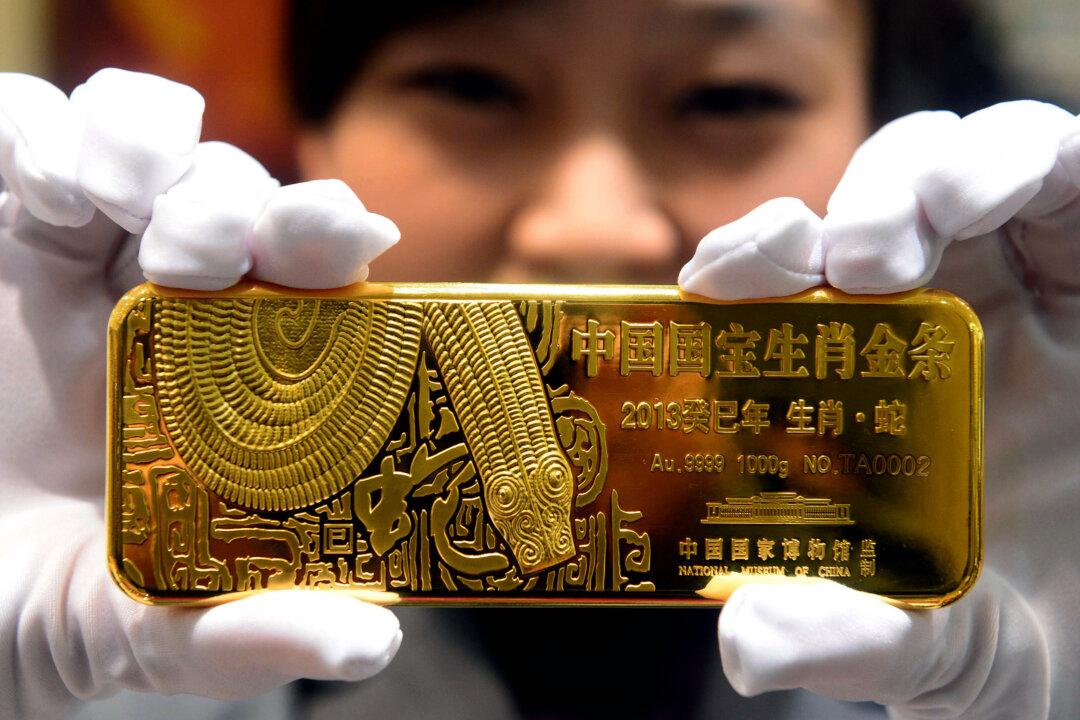China’s second-largest state-owned gold mining company Shandong Gold has won a bidding war to gain control of Australian gold miner Cardinal Resources.
This comes after Five Eyes’ partner Canada blocked Shandong from acquiring a local mine in the strategically important Arctic Circle.





